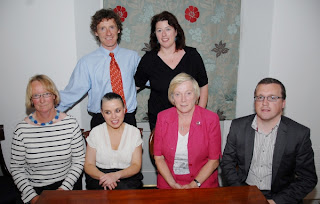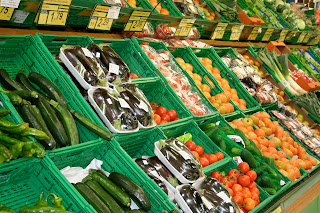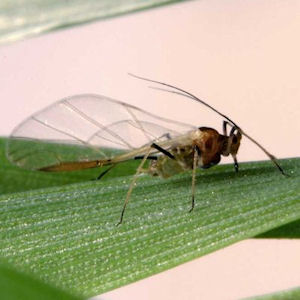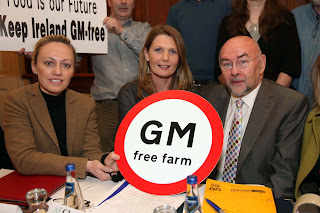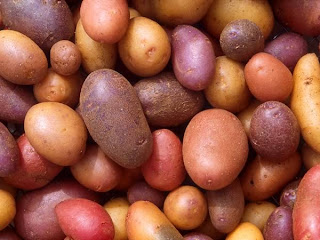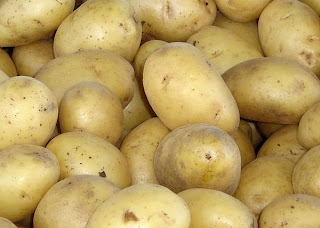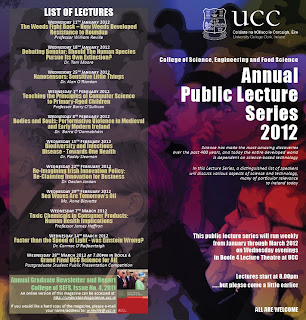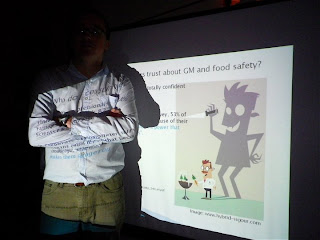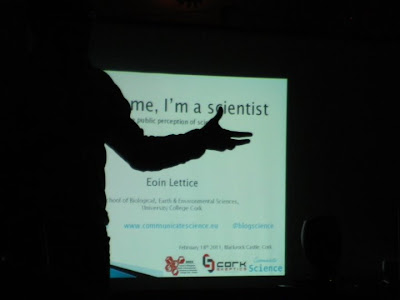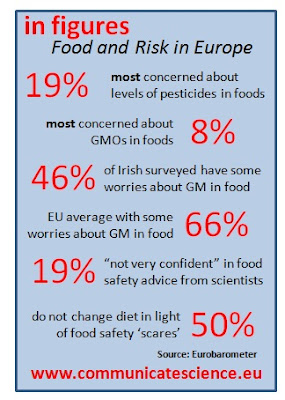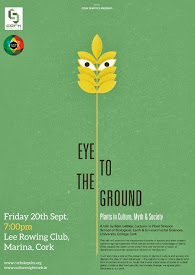Famine and food
At least one million people died and a further one million were forced to emigrate during the Irish potato famine of 1845-1852. Those figures are so often repeated in undergraduate plant pathology classrooms that they lose their shock value. Those years seem so distantly removed from our lives in the 21st century that we occasionally fail to recall that it happened just a handful of generations ago. The famine had such a profound impact on the social, geographic and economic landscape of Ireland that the country still bears the scars. For instance, the population of the Republic of Ireland, as measured by the 2011 census, stands at 4.6 million compared to a pre-famine population of 6.5 million in 1841. Meanwhile, there are 39.6 million Americans who claim Irish ancestry, due in part to massive emigration to the US during and immediately after the famine.
In a recently published study, American consumers were asked their opinion of GM. Half of the sample group were first asked to read a short vignette describing the causal agent of the potato famine, the fungal-like potato disease late blight. The second half of the sample was asked to read a similar vignette, though not mentioning late blight and the Irish famine specifically.
For example, the late blight-specific vignette included:
"Late blight was a key cause of the Irish Potato Famine of the 1850s that led to the starvation of millions of people in Ireland and forced many Irish to leave the country. Late blight has re-emerged in recent years as a substantial threat to crops across the United States and around the world."
Ultimately, even when the question was contextualised in relation to late blight and famine, there was no significant difference in public views about the perceived risks, benefits or fairness of GM crops. This is an interesting finding; given calls in Europe and elsewhere to increase the cultivation of GM crops, particularly in traditionally GM-sceptical nations such as the UK.
This year, for example, the Council for Science and Technology in the UK, scientific advisors to the government, called for the EU to end its “dysfunctional” regulations on GM crop cultivation saying that if the country didn’t embrace GM “the risk is people going unfed”.
Even in Ireland, where one might expect the memory of the famine to linger long with consumers, limited trials of late blight resistant potato plants in recent years have met with some resistance. These EU-funded trials, conducted by Ireland’s agricultural development agency were described as “economic suicide” by opponents who called GM an “unwanted technology”. The scientists conducting the trials, which began in 2012, were keen to stress the impartial nature of the study and that it was not about “testing the commercial viability of GM potatoes” and was specifically concerned with their environmental impact.
In fact, there is a myriad of reasons why some consumers reject GM technologies in foodstuffs. Not all of them, of course, are supported by any real science, but that doesn’t negate the fact that they are real obstacles to overcome for those who would promote a sustainable food-production system which incorporates all aspects of biotechnology, including genetic modification of crop plants. What is clear now is that simply using the approach of emphasising the crop protection benefits of GM is not enough. Consumers are, rightly or wrongly, also worried about the environmental impact of such crops and no amount of appealing to their memory of past catastrophic crop failures will appease them.
One might argue that the passing of time between the Irish potato famine and the current advances in plant biotechnology can account for the lack of relevance and impact on consumer opinion. Perhaps, informing consumers about more recent plant disease outbreaks would be more beneficial. One could point to the Bengal famine of 1943, when an estimated 2 million people died when the rice crop was attacked by a fungal pathogen. In truth, the vast bulk of food for human consumption worldwide is provided by just fourteen crop plants. Failure of any one of these could have a significant impact on global food security. However, we are in a very dark place indeed if we must look for a catastrophic crop failure to remind consumers of the value of plant biotechnology in protecting our food supply.


